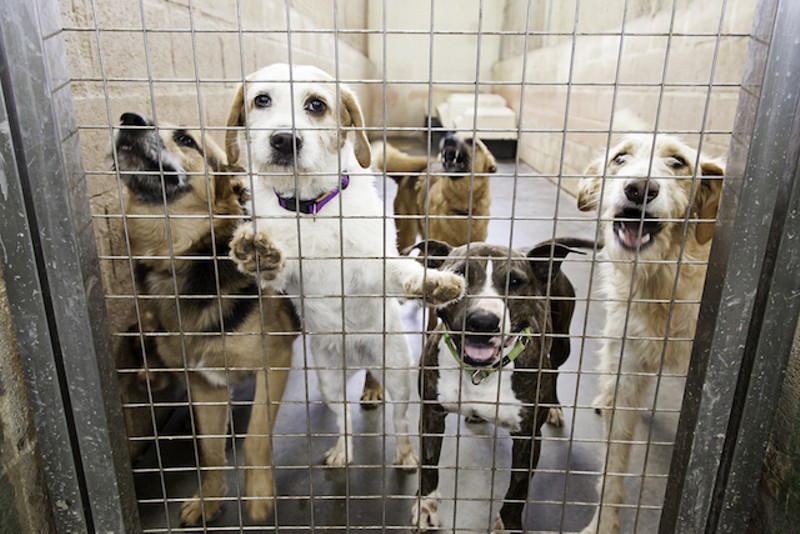Mary Ann Smith's kennel was dubbed one of the "Dirty Dozen" and one of "the worst puppy mills in Missouri" in a 2010 report issued by the Humane Society, part of its effort to persuade voters to limit dog breeding in the state. Voters said yes to the measure, titled Prop B, in November 2010.
But Smith sued for defamation, false light and invasion of privacy, pointing to the report and ancillary press releases that called out her operation. She sued both the Humane Society, as well as a group called Missourians for the Protection of Dogs. After a lower court dismissed her claims, she appealed, and ended up fighting the case all the way to the state's highest court.
Notably, Smith could not point out any actual errors of fact in the organization's reports and news releases. Instead, she pointed to language declaring her operation was "atrocious," with "unconscionable," "flagrant" and "major" violations. And that, the court ruled, was opinion — and thereby protected under the law.
As the court noted in a unanimous opinion, "Ms. Smith did not allege any of nine the statements reporting specific violations of her kennel were false. Rather, she claimed the Dirty Dozen report generally defamed her and placed her in a false light." She also alleged the organizations had failed to conduct "a complete and thorough investigation" of her kennel and the others referenced in its report and questioned why she'd been singled out.
In those claims, Smith ran smack-dab into past U.S. Supreme Court precedent, which holds that opinion cannot be defamatory under state law unless it's flat-out, provably false.
The justices wrote,
The Supreme Court stated, “Under the First Amendment there is no such thing as a false idea. However pernicious an opinion may seem, we depend for its correction not on the conscience of judges and juries but on the competition of other ideas.” Id. Following Gertz, Missouri adopted an absolute privilege for expressions of opinion, broadly holding that any alleged defamatory statements that “can be characterized as ‘opinions,’” are “subject to the First Amendment absolute privilege.For more on Prop B and the fight surrounding its passage, see the RFT's 2011 cover story.
... To be liable under state defamation law, opinion statements about matters of public concern “must be provable as false.” Id. If opinion statements are not provable as false, these statements are still protected.
We welcome tips and feedback. Email the author at [email protected]







